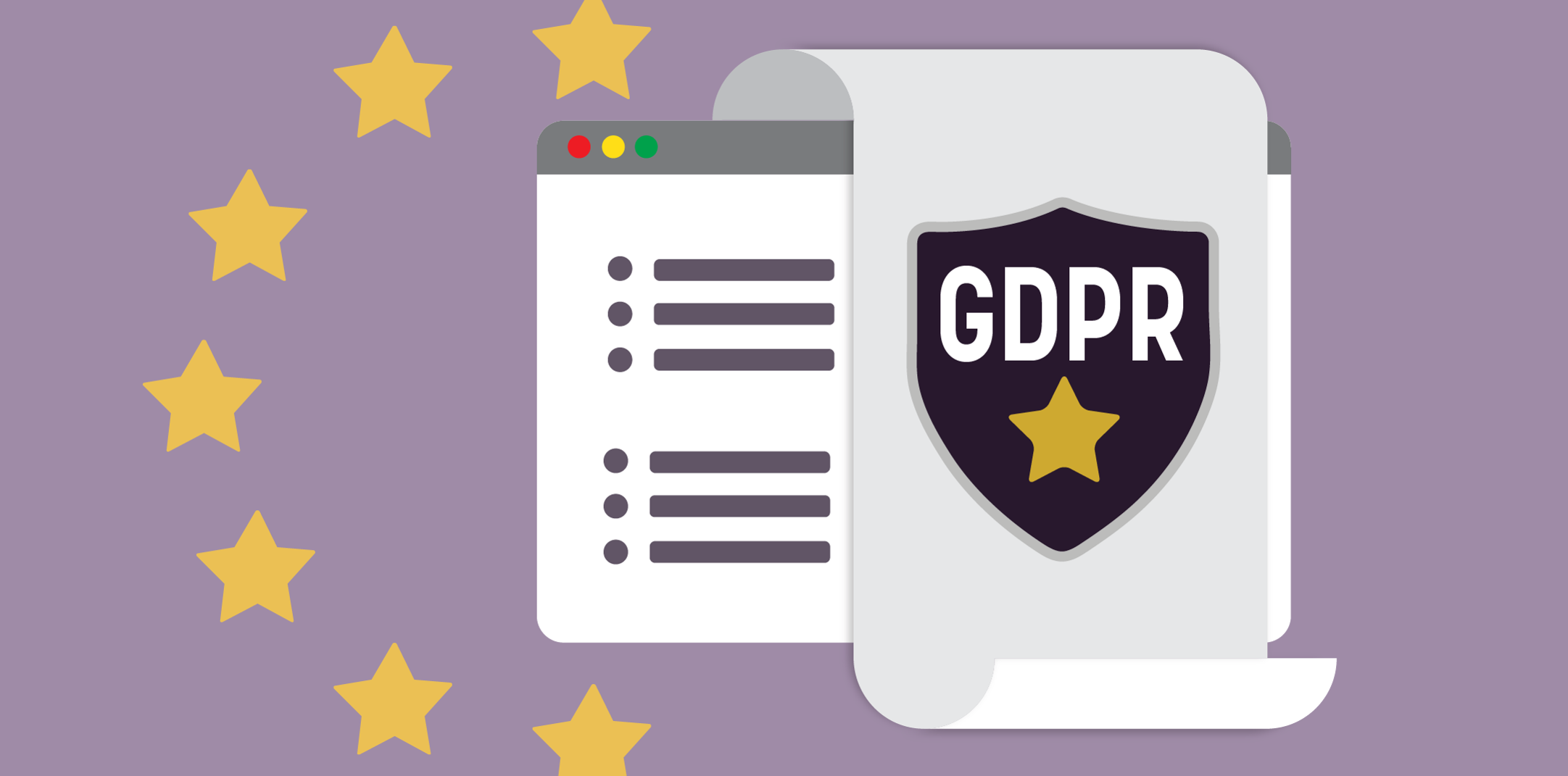The General Data Protection Regulation (GDPR) is a significant legal framework introduced by the European Union to protect the privacy and personal data of its citizens. As a website owner, it’s crucial to understand the GDPR to ensure compliance and avoid hefty fines. This article will break down the essential aspects of the GDPR and what you need to do to comply.
What is GDPR?
GDPR stands for General Data Protection Regulation. It came into effect on May 25, 2018, and it applies to all organizations that process the personal data of EU citizens, regardless of where the organization is based. The primary goal of the GDPR is to give individuals control over their personal data and to simplify the regulatory environment for businesses.
Key Principles of GDPR
The GDPR is built on several key principles that you, as a website owner, need to understand:
- Lawfulness, Fairness, and Transparency: Personal data must be processed lawfully, fairly, and in a transparent manner.
- Purpose Limitation: Data should be collected for specified, explicit, and legitimate purposes and not further processed in a manner that is incompatible with those purposes.
- Data Minimization: Collect only the data that is necessary for the intended purpose.
- Accuracy: Personal data must be accurate and kept up to date.
- Storage Limitation: Data should be kept in a form that permits identification of individuals for no longer than necessary.
- Integrity and Confidentiality: Personal data must be processed securely to prevent unauthorized access, loss, or damage.
Rights of Individuals
Under the GDPR, individuals have several rights regarding their personal data:
- Right to Access: Individuals can request access to their data and obtain information about how it is being processed.
- Right to Rectification: Individuals can request corrections to inaccurate or incomplete data.
- Right to Erasure: Also known as the “right to be forgotten,” individuals can request the deletion of their data.
- Right to Restrict Processing: Individuals can request that their data be used only for certain purposes.
- Right to Data Portability: Individuals can request their data in a structured, commonly used, and machine-readable format.
- Right to Object: Individuals can object to the processing of their data for certain purposes, such as direct marketing.
- Rights Related to Automated Decision Making and Profiling: Individuals have the right not to be subject to decisions based solely on automated processing.
Steps to Ensure GDPR Compliance
As a website owner, here are the steps you should take to ensure GDPR compliance:
- Conduct a Data Audit: Identify and document all personal data you collect, process, and store.
- Update Privacy Policies: Ensure your privacy policies are clear, transparent, and easily accessible. They should explain how you collect, use, and protect personal data.
- Obtain Consent: Make sure you obtain explicit consent from users before collecting their data. This includes using opt-in mechanisms rather than pre-checked boxes.
- Implement Data Protection Measures: Use appropriate technical and organizational measures to protect personal data. This includes encryption, secure storage, and regular security assessments.
- Ensure Data Subject Rights: Put processes in place to handle requests from individuals exercising their rights under the GDPR.
- Appoint a Data Protection Officer (DPO): If required, appoint a DPO to oversee your data protection strategy and ensure compliance with GDPR.
- Notify Data Breaches: Have procedures in place to detect, report, and investigate data breaches. Notify the relevant authorities within 72 hours of becoming aware of a breach.
Understanding and complying with the GDPR is essential for any website owner who processes the personal data of EU citizens. By following the key principles and ensuring the rights of individuals are respected, you can protect your users’ data and avoid significant fines. Stay informed and proactive in your approach to data protection to build trust and maintain compliance with this important regulation.
